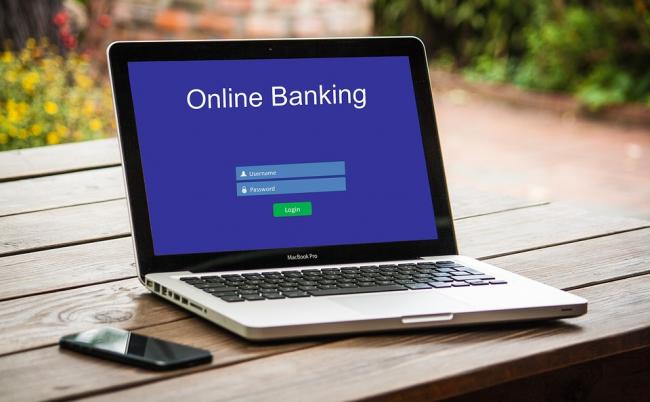12 Mistakes To Avoid During Online Banking

Those who do online banking should be on the lookout.
Do not make any of these 12 mistakes.
The rise in cybercrime especially related to online banking has become a source of concern for the Banks and the Cyber Crime sleuths. Many people continue to lose money in their accounts without even realizing it despite the innumerable cautions the Government sends out to the public to be aware of such frauds.
Experts, on the other hand, recommend taking the following measures to guard against cybercrime:
Ø Governments and other organizations are offering free WiFi in heavily populated areas. Experts advise against using public WiFi to conduct online banking. According to them, hackers might easily steal your bank account information if you do so.
Ø It's also not a good idea to leave your battery charged at public charging stations. There is a heavy risk your information could be compromised. Carrying your charging cable or power banks with you wherever you go, according to experts, is a smart idea.
Ø It's not a good idea to look up bank phone numbers and other stuff on Google. It is often beneficial to be aware of the information available on the official website.
Ø The Google Play Store and Apple Play Store are the only places where apps can be downloaded and installed. It's not advisable for people to download apps from unsecured social media links.
Ø If we install security updates on our phones on a regular basis, the chance of being heavily compromised by hackers is very low.
Ø Do not click on links to bank transfers that appear on social media, the Internet, or in emails or text messages. It is preferable to click on them only after double-checking them.
Ø Sharing your banking and KYC information on social media is not recommended. Hackers can gain access to your information as a result of this.
Ø Make sure your bank account passwords are long and complex. Passwords with names and phone numbers are simple to create and can be easily hacked.
Ø Passwords for bank accounts, especially the mobile and internet transaction ones should be updated on a regular basis. In this way, the chances of being hacked are extremely slim.
Ø Only frequently used emails and phone numbers should be connected to bank accounts. You will not receive security warnings or other information from the bank if you do not do so.
Ø If someone claims to be from a bank and asks you for your account and debit card details, don't give them. If there is any uncertainty, notify the bank right away.
Ø Don't grant your phone apps any permission which is not required.





